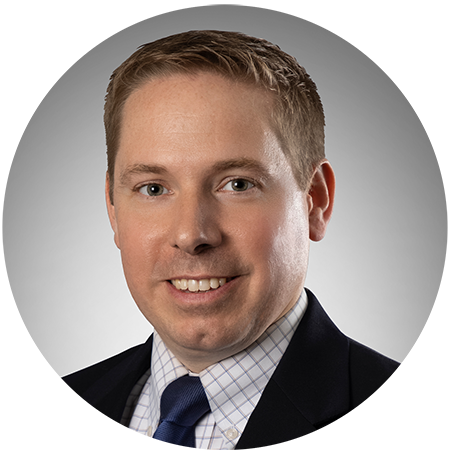The Michigan Supreme Court ended its term with a historic decision, overruling so-called “Denney damages.” Collins Einhorn attorney Michael Cook represented the defendants in the Supreme Court and successfully argued for the overruling.
In 2016, the Michigan Court of Appeals dramatically changed Michigan law on wrongful-death damages in a case named, Denney v Kent County Road Commission. For nearly 70 years, Michigan allowed a decedent’s estate to recover damages for lost financial support that the decedent provided others. Denney said that estates can recover earning-capacity damages—the income decedents could have earned if they lived. It was a dramatic, multi-million-dollar change in the law.
Legislatures establish wrongful-death claims through statutes. The choice between lost-support and earning-capacity damages is a complicated public-policy matter. The costs associated with expanded liability are often borne by the public. In the healthcare industry, for example, Denney’s shift to earning-capacity damages threatened healthcare systems’ ability to operate facilities in already underserved communities. Those and other public-policy considerations led the vast majority of states allow lost-support damages, not earning-capacity damages. Michigan aligned with those jurisdictions, until Denney.
In Daher v Prime Healthcare, the Supreme Court granted leave to consider Denney’s holding. The defendants retained CEF attorney Michael Cook for the briefing and oral argument in the Supreme Court. Mike identified Denney as a significant issue early on and became a thought leader on it. His study involved a deep historical dive into Michigan law and the law throughout the country. He wrote articles and presented on it in the years after Denney.
In Daher, Mike persuaded the Supreme Court to unanimously hold that Denney was wrongly decided. The Court reviewed the history of Michigan law on wrongful-death damages and agreed that Michigan is a lost-support jurisdiction.

